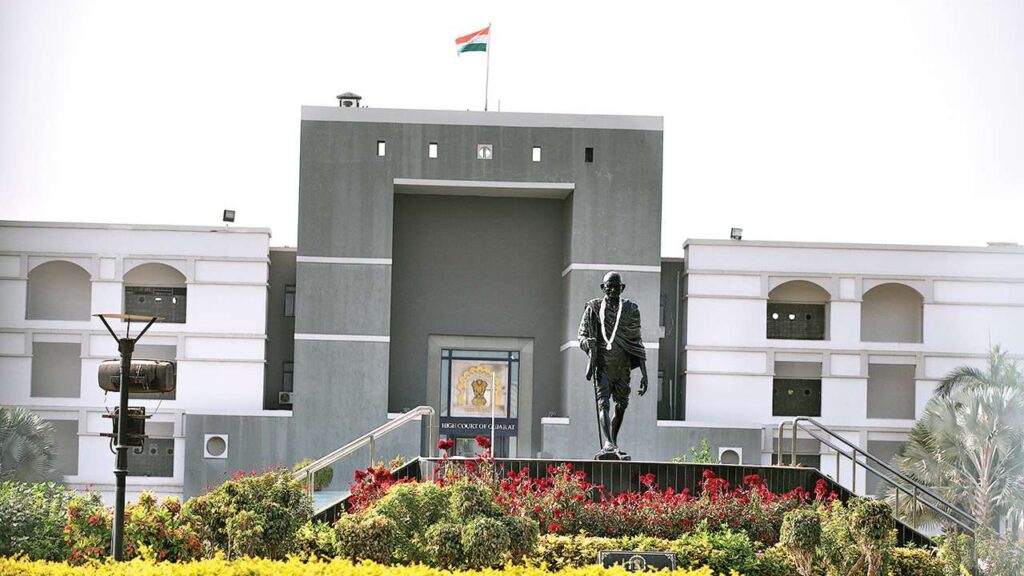Nithyakalyani Narayanan. V
The Gujarat High Court held that the media must delete news reports on filing FIRs once it is quashed since they could harm the reputation of the person against whom it was lodged on 26th July.
A division bench of Chief Justice Sunita Agarwal and Justice NV Anjaria was hearing a 2020 letters-patent appeal, which was filed by an NRI businessman who was named in an FIR lodged. He requested the Court to order the English daily, the Times of India, to remove the URLs of the news articles on the FIR lodged against him. His counsel argued that the right of his client ‘to be forgotten’ was being violated by the continued circulation of these articles.
The counsel representing TOI argued that the Court must consider the freedom of the press before passing any order.
The FIR was quashed in December 2022 and subsequently, the businessman issued legal notices to The Indian Express, the Times of India and Google to remove all the URLs of the news articles mentioning his name in regard to the registration of the FIR. Yet, the media gave ‘evasive’ responses. Although he moved to the High Court, it was not accepted by a single-judge Bench of Justice Vaibhavi Nanavati in February 2022.
Advocate Virat Popat, the counsel for the businessman, detailed the facts of the case and claimed that a writ of mandamus was maintainable against publication houses as they are performing a public duty. He reminded that the Supreme Court in the landmark judgment of Justice KS Puttuswamy v Union of India held that the ‘right to be forgotten’ is a facet of the ‘right to privacy.’ The opposing counsel defended that when the FIR was quashed, the news media published articles informing the same.
CJ Agarwal replied to this statement, “One cannot expect people to read both the articles simultaneously. People might read the initial article only and might not read the second one. So, once the case is quashed, it is the duty of the Press to delete the initial article. Because, when there is freedom for the Press then it is required to be transparent as well. It is accountable for what its publishes for the public.”
She orally observed, “Once an FIR is quashed, nothing remains, and if the article continues to be circulated, it gives an impression that there is a criminal case pending which is against a person – he may be a businessman, a service person etc – which will harm his reputation and goodwill. Press cannot claim any kind of immunity in such matters.”
The Court adjourned the matter to give a chance to the parties to resolve the dispute themselves.


